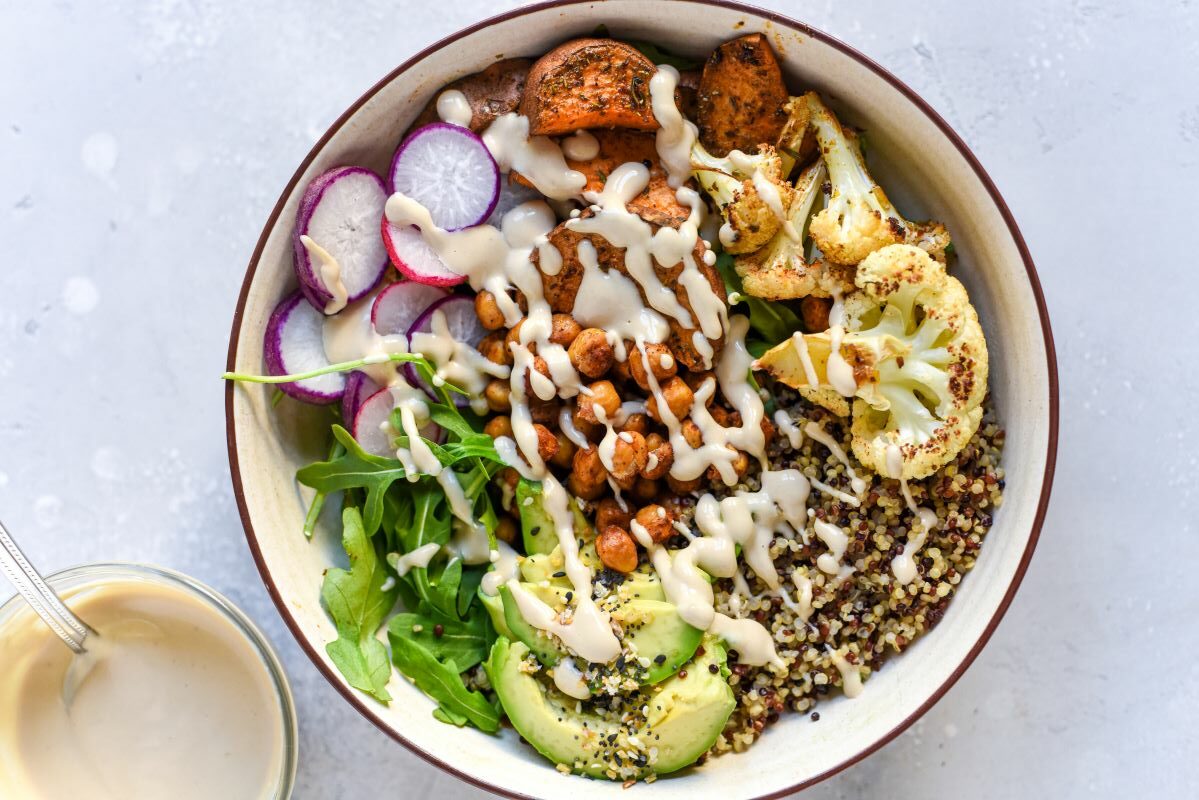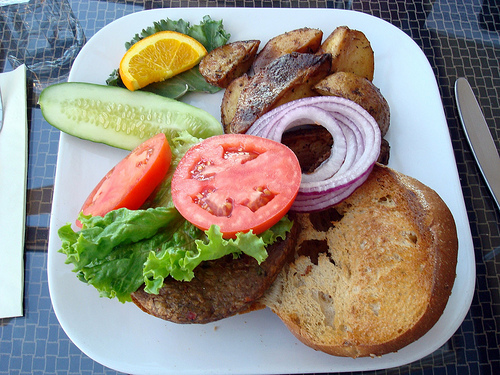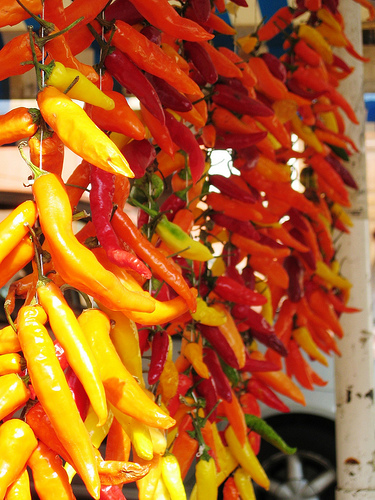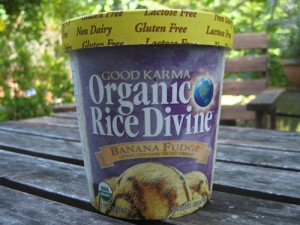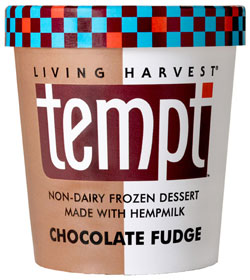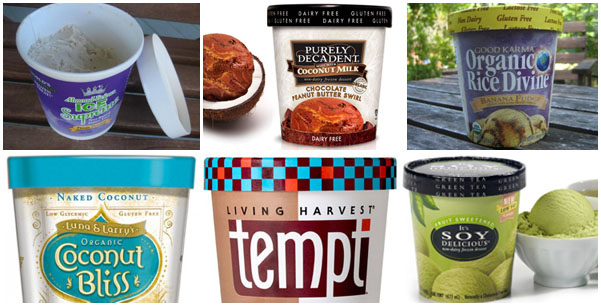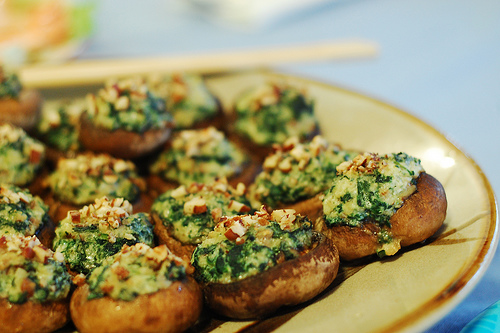Table of Contents
Carnosine is a naturally occurring molecule primarily found in high concentrations in muscle tissue and the brain in the human body. It serves important roles such as protecting the body from oxidative stress, enhancing muscle function, and supporting cognitive health. Carnosine is a dipeptide of the amino acids histidine and beta-alanine, is often hailed as a potent antioxidant.
However, sourcing sufficient carnosine can pose a challenge for those on plant-based diets like vegans and vegetarians, as it is typically found in animal products like red meats. Despite this, there are ways to boost carnosine levels effectively within the bounds of a vegan diet.
Carnosine’s Importance for the Body
Carnosine, a powerful antioxidant, plays an important role in the body, with research showing its influence spanning multiple systems.
Carnosine regulates acidity levels in skeletal muscle during high-intensity exercise, improving muscle performance. This dipeptide is particularly important for those interested in muscle building as it helps delay fatigue and boost muscle mass.
In the brain, carnosine exhibits protective properties, aiding in maintaining optimal brain function. Studies have indicated that carnosine can protect against age-related cognitive decline, enhancing memory and learning capabilities. Moreover, it is also involved in removing heavy metals from the body, a process crucial for minimizing oxidative stress and reducing the risk of diseases like heart disease and certain types of cancer.
Furthermore, carnosine aids in boosting the immune system, providing immune support through its antioxidant activity and protecting cells from oxidative damage. Moreover, it assists in wound healing and tissue regeneration, showing its versatility in supporting overall human health.
For vegans, ensuring adequate levels of carnosine is critical to a well-balanced diet. While it may be a challenge due to the lack of direct plant-based sources, it is possible through consuming its constituent amino acids, histidine and beta-alanine, and vegan-friendly supplements. This approach allows individuals on a vegan diet to reap the benefits of carnosine, supporting their health in the most effective way possible.

Muscle Health and Function
In large quantities in muscle cells, carnosine acts as a buffer against the accumulation of hydrogen ions during intense physical activity, thereby delaying the onset of muscle fatigue. This makes carnosine particularly important for high-intensity workouts and sports nutrition.
In addition, carnosine promotes muscle recovery and growth. The presence of carnosine aids in the repair and regeneration of muscle tissue, supporting muscle mass increase, which is vital for those engaged in muscle-building routines.
Furthermore, recent studies have suggested that carnosine can improve the contractile properties of muscles, improving both strength and endurance.

Brain Health
Carnosine is also integral to maintaining and enhancing brain health. It is found in high concentrations in the brain, where it aids in several critical functions. Carnosine is a powerful antioxidant that neutralizes harmful free radicals, protecting the brain from oxidative stress, a leading cause of neurodegenerative disorders.
Carnosine also exhibits neuroprotective properties. It can chelate metal ions, such as zinc and copper, implicated in neuronal damage. Doing so protects the brain cells from the harmful effects of these metals, thus reducing the risk of neurodegenerative diseases.
Research further suggests that carnosine can help improve cognitive function. It enhances the efficiency of neuron communication, thereby improving memory, learning, and overall cognitive performance.

Anti-Aging and Antioxidant Properties
Carnosine’s anti-aging and antioxidant properties further underscore its benefits for overall health. As an antioxidant, it neutralizes free radicals contributing to cellular damage and aging.
The anti-aging properties of carnosine are also evident in its ability to prevent glycation—a process where sugars attach to proteins and form harmful compounds called advanced glycation end products (AGEs). These AGEs are implicated in various aging-related diseases, such as cardiovascular disease and diabetes. Carnosine can inhibit the formation of AGEs.
Finally, carnosine is known to promote wound healing and tissue regeneration. Speeding up the healing process and promoting cell proliferation, it aids in maintaining the body’s overall health and vitality, showing why it’s considered a key nutrient for aging healthfully.
Vegan Food Sources of Carnosine
Carnosine is naturally found in high quantities in red meats and other animal-based foods, and this poses a challenge for vegans and vegetarians who exclude these products from their diets. Carnosine is not found in any plant food sources. It is also absent in dairy products and vegetarian foods.
However, the human body can synthesize carnosine using two essential amino acids, beta-alanine and histidine. Those on plant-based diets can optimize their intake of the precursor amino acids beta-alanine and histidine, to support their body’s own production of carnosine.
Carnosine Precursors: Beta-Alanine and Histidine
The synthesis of carnosine in the human body involves a chemical reaction between beta-alanine and histidine, which produces carnosine, also known as beta-alanyl-L-histidine. This process occurs primarily in muscle and brain cells with highest carnosine concentrations. Therefore, ensuring an adequate supply of these amino acids is critical for the optimal production of carnosine.
While vegan-friendly supplements can provide these amino acids, they can also be sourced from certain plant foods. Supplementation, however, could ensure a daily dose necessary for those who seek specific health benefits associated with carnosine, especially in areas of muscle health and brain function.
Beta-Alanine
Beta-alanine plays an important role in carnosine synthesis as it is one of the two precursor amino acids required. Beyond this, it also provides benefits, such as buffering acid in muscles, improving athletic performance, and enhancing muscle endurance.
Several plant-based foods are sources of beta-alanine. While it is not as prevalent in plant sources as in animal foods, some examples of vegan-friendly foods rich in beta-alanine include:
- tofu
- edamame
- legumes
- mushrooms
- asparagus
Histidine
The other crucial part of the carnosine equation is histidine, an essential amino acid that produces red and white blood cells. It plays a vital role in maintaining the myelin sheaths surrounding and protecting nerve cells.
In vegan diets, histidine can be found in various plant-based foods such as:
- beans
- lentils
- chickpeas
- quinoa
- brown rice
- pumpkin seeds
- sesame seeds
- sunflower seeds
By incorporating these foods into their diets, vegans and vegetarians can ensure they are getting enough of these essential amino acids to support their body’s natural production of carnosine. But supplements can provide a viable alternative for those who struggle to consume sufficient amounts through their diet alone.
Vegan Carnosine Supplements
Even with a well-balanced diet, vegans may find it challenging to obtain all the necessary nutrients from food alone. This is where supplements can play an important role. They can provide an additional source of essential nutrients, including carnosine and its precursors – beta-alanine and histidine.
These supplements can enhance a vegan diet, boost health, and help maintain optimal muscle function, brain health, and other vital bodily processes.
Carnosine Supplements
There are vegan-friendly carnosine supplements available that are either plant-derived or synthetically created in a lab. These supplements typically come in the form of capsules and can effectively increase carnosine levels in the body, particularly for those on a vegan diet.
Carnosine supplements have been studied for their potential health benefits. They act as powerful antioxidants, combating oxidative stress in the body, associated with various diseases including heart disease. Also, carnosine supplements have been linked with improvements in cognitive function and are seen as potential agents in slowing down aging processes and related diseases.
While carnosine supplements can provide an easy and effective way to ensure adequate levels of this dipeptide, it is always recommended to consult a healthcare professional before starting any new supplement regimen.
Beta-Alanine Supplements
As mentioned earlier, beta-alanine is a key amino acid in carnosine synthesis. Supplementing with beta-alanine can support the body’s production of carnosine, thereby boosting muscle endurance and performance, and supporting overall health.
Beta-alanine supplements are commonly used in sports nutrition because they buffer acid in muscles, thereby delaying fatigue during high-intensity exercise. They may also play a role in improving muscle mass and strength.
Although beta-alanine is found in certain plant foods, the quantities may not be sufficient to confer these benefits. Hence, vegans may find beta-alanine supplements to be beneficial.
Histidine Supplements
Histidine, the other essential amino acid required for carnosine synthesis, can also be taken in supplement form. Like beta-alanine supplements, histidine supplements can help support the body’s production of carnosine, contributing to muscle health and cognitive function.
Histidine is important in producing red and white blood cells and maintaining the health of the myelin sheaths that protect nerve cells. Therefore, supplementing with histidine may also provide benefits beyond carnosine synthesis, including immune support and promoting overall neurological health.
Again, while histidine is present in various plant-based foods, supplementing can ensure that you receive adequate amounts, particularly if you follow a vegan diet. As always, it’s recommended to consult with a healthcare professional before introducing new supplements into your diet.
How the Body Uses Carnosine
Carnosine synthesis in the human body is a complex process that relies heavily on the presence of two essential amino acids, beta-alanine and histidine. These amino acids combine within the muscle cells to form carnosine, also known scientifically as beta-alanyl-L-histidine.
In this process, the enzyme carnosine synthetase plays a crucial role, catalyzing the bonding of histidine and beta-alanine. Once synthesized, carnosine is stored predominantly in skeletal muscle tissue, although smaller amounts can also be found in the brain, heart, and other body parts.
Carnosine serves important roles in the body. In muscle cells, it helps to buffer acidity levels during high-intensity exercise, reducing fatigue and enhancing performance. It also functions as a powerful antioxidant, neutralizing harmful free radicals and reducing oxidative stress, which can lead to cell damage. Moreover, carnosine is thought to have anti-glycation properties, preventing the harmful cross-linking of proteins and DNA molecules, thus slowing down the aging process.
Lifestyle Factors That Impact Carnosine Production
Several lifestyle factors can impact the production of carnosine in the body. Understanding these can help you make informed decisions that support your body’s carnosine synthesis.
Diet
As previously discussed, diet plays a crucial role in carnosine production. Consuming adequate amounts of beta-alanine and histidine, the essential amino acids required for carnosine synthesis, is vital. While animal-based foods like red meats are the richest sources of these amino acids, vegans and vegetarians can incorporate certain plant-based foods into their diets to help support carnosine production. Consuming a variety of legumes, whole grains, nuts, and vegetables can provide these essential amino acids.
Supplementation
Supplementing your diet with beta-alanine and histidine can help boost carnosine levels in the body. Vegans and vegetarians might find these supplements beneficial for supporting their body’s carnosine production. These supplements are available in different forms, including capsules and powders, and can be a convenient way to ensure a daily dose of these important amino acids.
Exercise
Physical activity, especially high-intensity or endurance training, can also affect carnosine levels in the body. Muscles respond to such exercise by increasing carnosine synthesis as it plays an important role in muscle function, specifically buffering the pH level in muscle tissue during high-intensity workouts. Incorporating regular, intense exercise into your routine can help boost your body’s carnosine production.
Age
Research has shown that carnosine levels can decrease with age. This decline may contribute to age-related conditions such as cognitive decline and heart disease. Hence, as you age, paying attention to your diet and lifestyle choices to support carnosine synthesis may become more important.
Alcohol and Substance Use
Excessive consumption of alcohol or misuse of other substances can negatively affect protein synthesis in the body, including carnosine synthesis. Limiting alcohol intake and avoiding substance misuse is important for maintaining healthy carnosine levels.
Remember, it’s always best to consult with a healthcare provider or a registered dietitian before making significant changes to your diet or lifestyle, especially if you have underlying health conditions or are pregnant or breastfeeding.
Carnosine is a dipeptide of the amino acids histidine and beta-alanine, which has numerous health benefits, such as protecting the body from oxidative stress, enhancing muscle function, and supporting cognitive health.
Tips for meeting carnosine needs on a vegan diet
Carnosine is a dipeptide composed of beta-alanine and L-histidine, and it is found primarily in animal-based products like meat and fish. However, with careful meal planning, food choices, and supplementation, individuals following a vegan diet can ensure an adequate carnosine intake.
FAQ
What is carnosine, and why is it important?
Carnosine is a dipeptide composed of two amino acids, beta-alanine and histidine. It’s found in high concentrations in muscle and brain tissues, playing a role in buffering acids and protecting cells from oxidative stress.
How can vegans ensure an adequate intake of carnosine?
Vegans can obtain carnosine precursors by consuming foods rich in its constituent amino acids, beta-alanine, and histidine. Foods like beans, lentils, soy products, and certain whole grains are good plant-based sources that contribute to carnosine synthesis in the body.
Can a well-balanced vegan diet provide sufficient carnosine?
Yes, a well-planned vegan diet that includes a variety of carnosine-contributing foods can provide the body with the necessary amino acids for carnosine synthesis, thus supporting its potential benefits.
